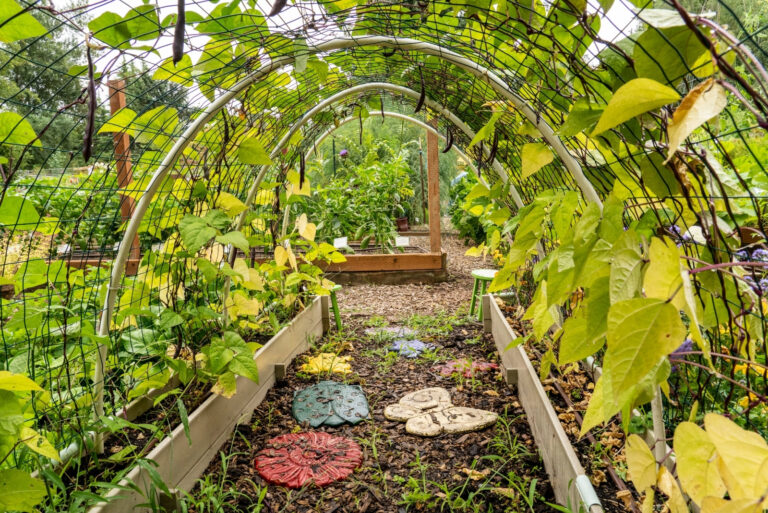How To Save When Buying Fruit Trees And Berry Bushes In Michigan
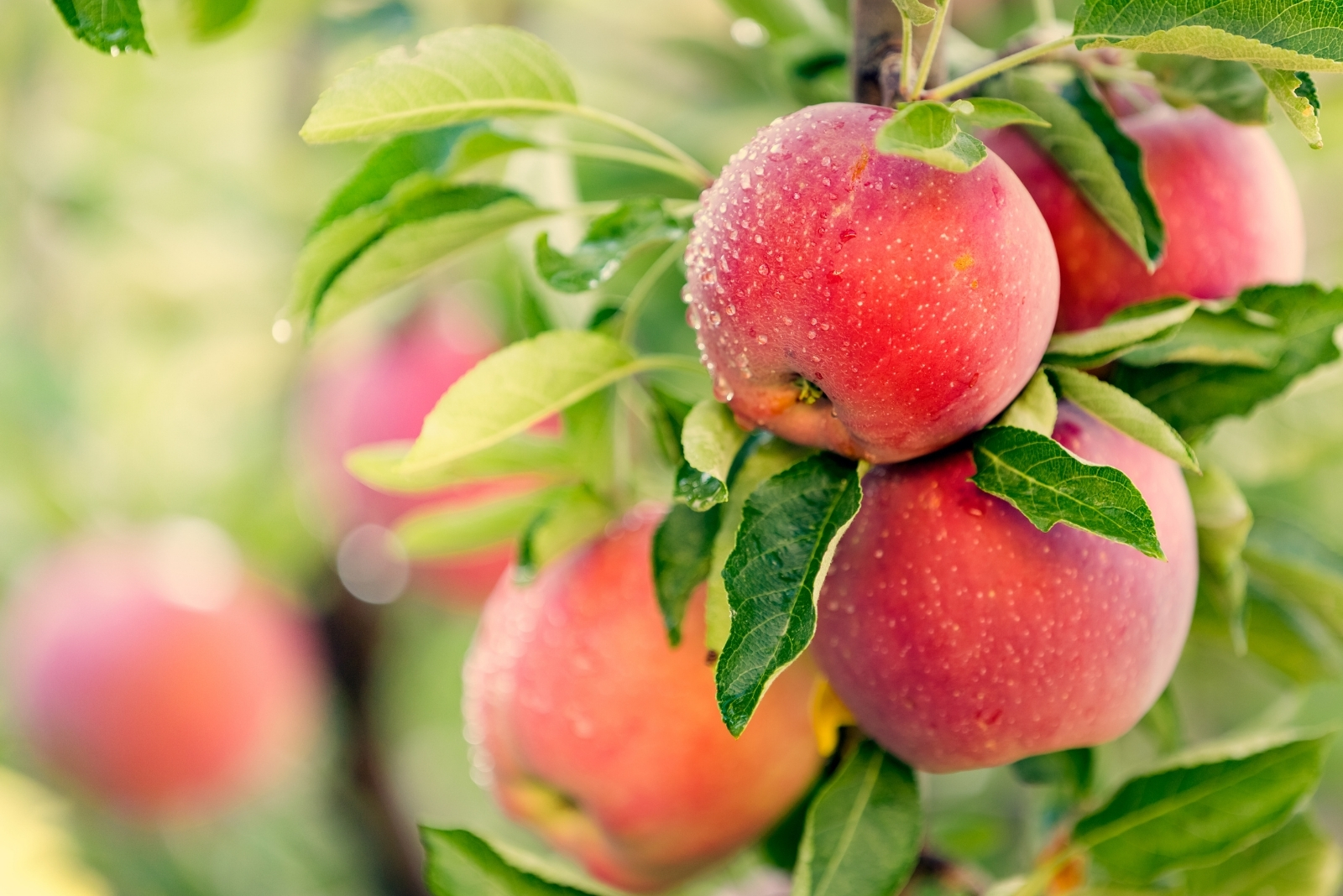
Buying fruit trees and berry bushes in Michigan doesn’t have to break the bank. With a few smart strategies, you can get healthy plants without overspending.
From choosing the right local nurseries to timing your purchases, there are plenty of ways to stretch your gardening budget. It’s also amazing how small tips can make a big difference in your harvest and your wallet.
For anyone looking to grow fresh, homegrown fruit, these tricks make the process easier and more affordable.
1. Shop End-of-Season Sales
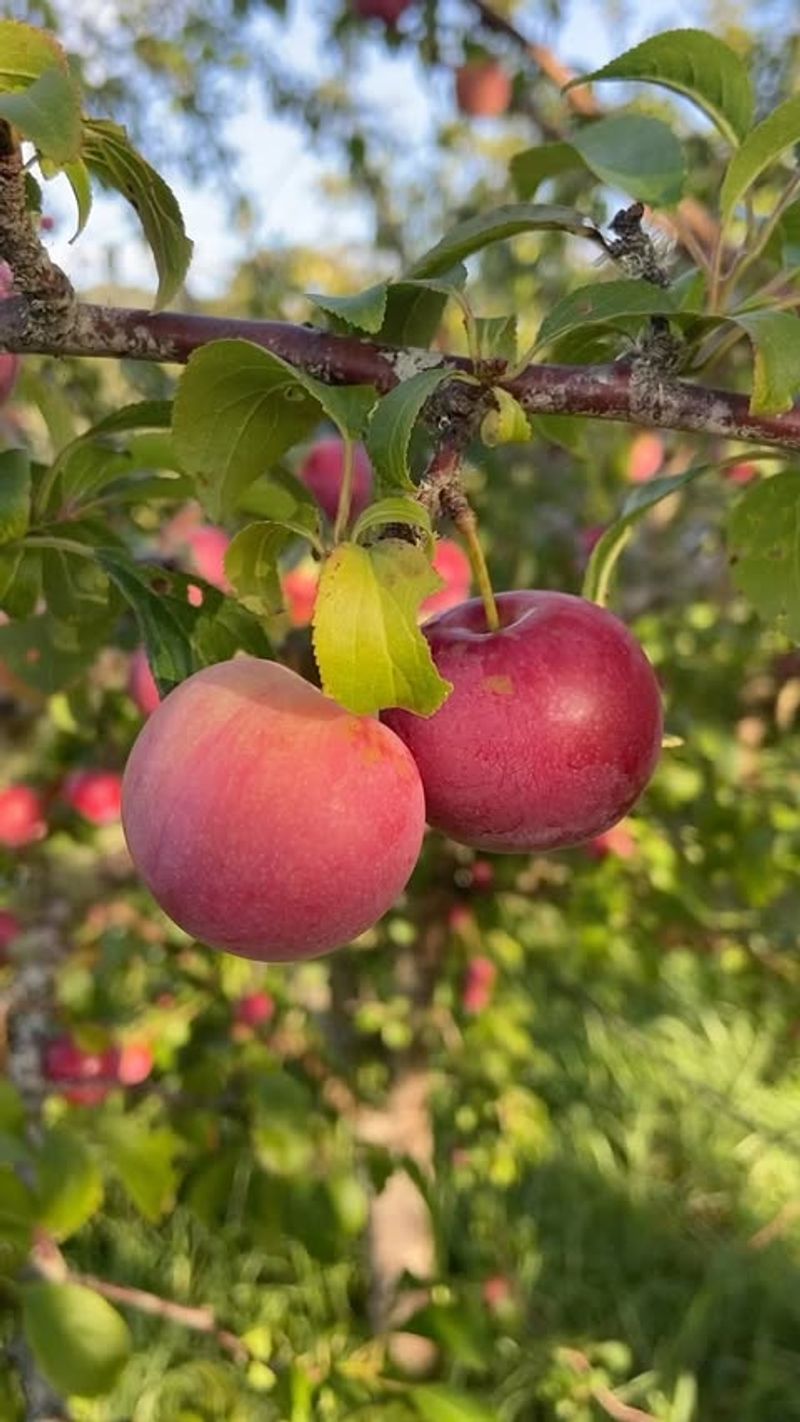
Late summer and fall bring fantastic clearance events at Michigan nurseries. Local garden centers often slash prices by 40-60% to move inventory before winter.
These discounted plants may look less perfect but will recover beautifully next spring. Michigan’s cool fall provides ideal planting conditions, giving roots time to establish before the ground freezes.
2. Attend Local Plant Swaps

Community exchanges have become popular across Michigan’s gardening communities. Bring divisions of perennials or vegetable seedlings to trade for berry bushes or small fruit trees.
Many Michigan garden clubs host these events in spring and fall. You’ll not only save money but also connect with experienced local growers who can share valuable advice about what varieties thrive in your specific region.
3. Buy Bare-Root Stock
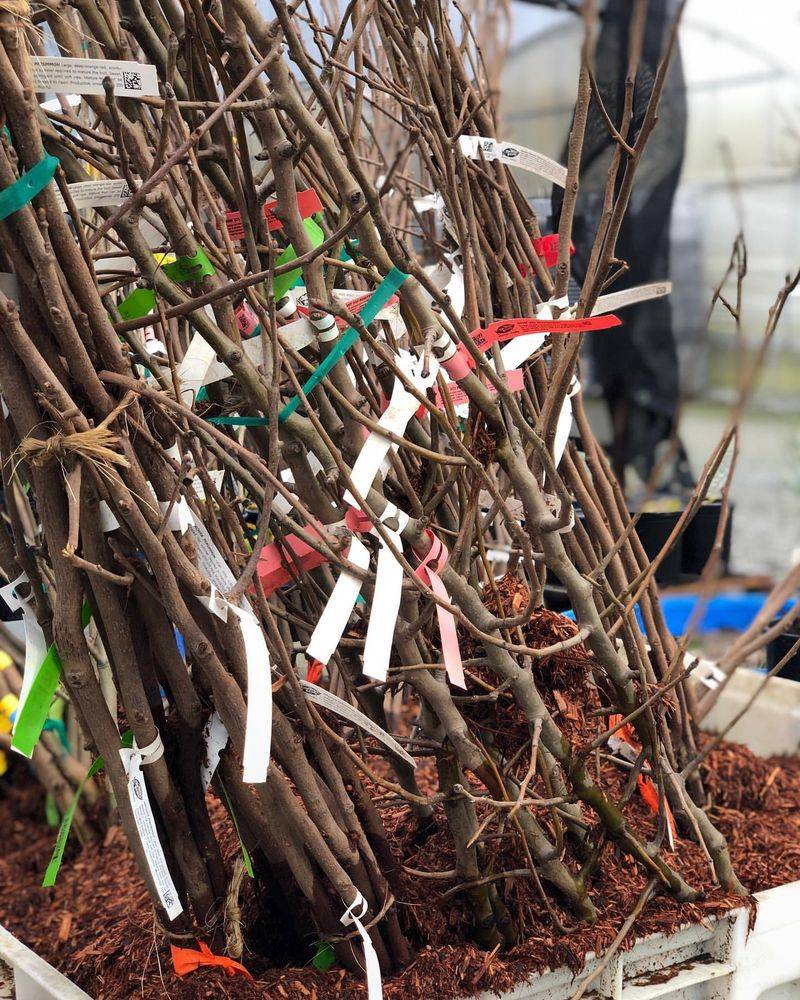
Purchasing dormant, rootless trees saves substantial money compared to container plants. Michigan nurseries typically offer these budget-friendly options in early spring before leaves emerge.
Though they look like mere sticks with roots, bare-root plants establish quickly in Michigan’s soil. The selection is often better too, with heritage varieties available that you won’t find in pots at big box stores.
4. Join Cooperative Buying Groups
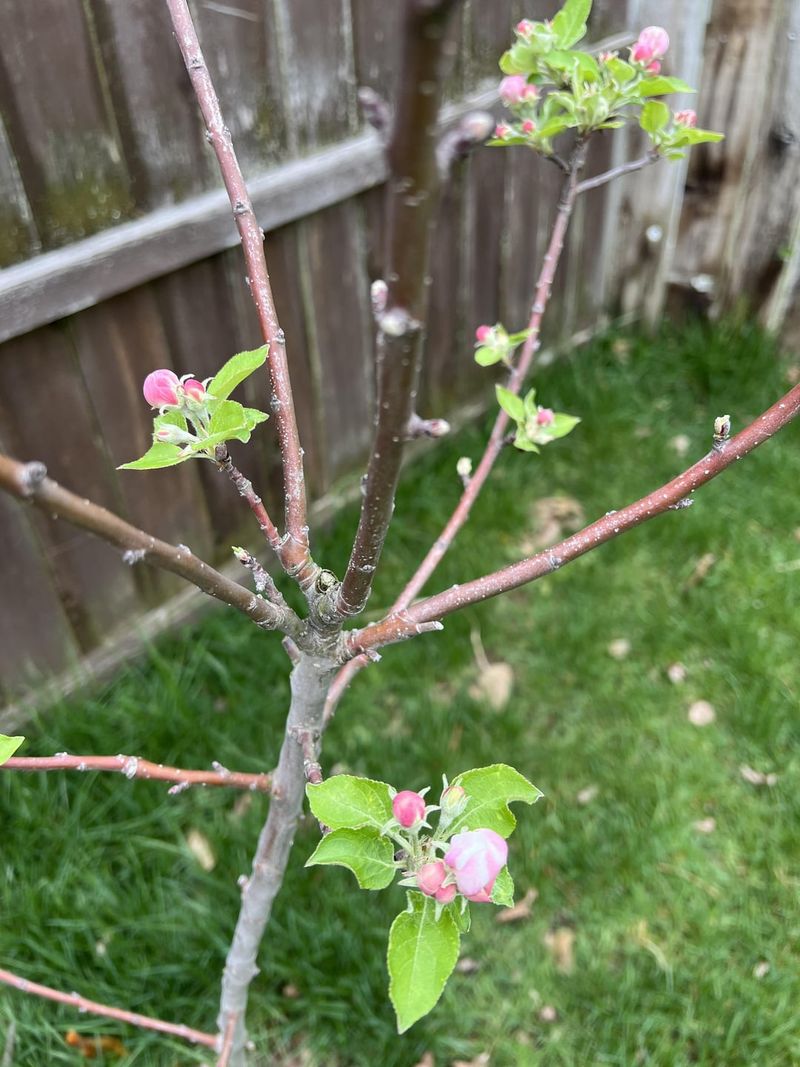
Michigan gardeners are forming purchasing collectives to buy fruit trees in bulk directly from wholesale nurseries. By combining orders, members often save 30-50% compared to retail prices.
Local extension offices sometimes coordinate these groups for Michigan residents. Social media has made finding or starting a group easier than ever, with Facebook hosting several active Michigan-based garden collectives focused on fruit trees.
5. Choose Multi-Variety Trees
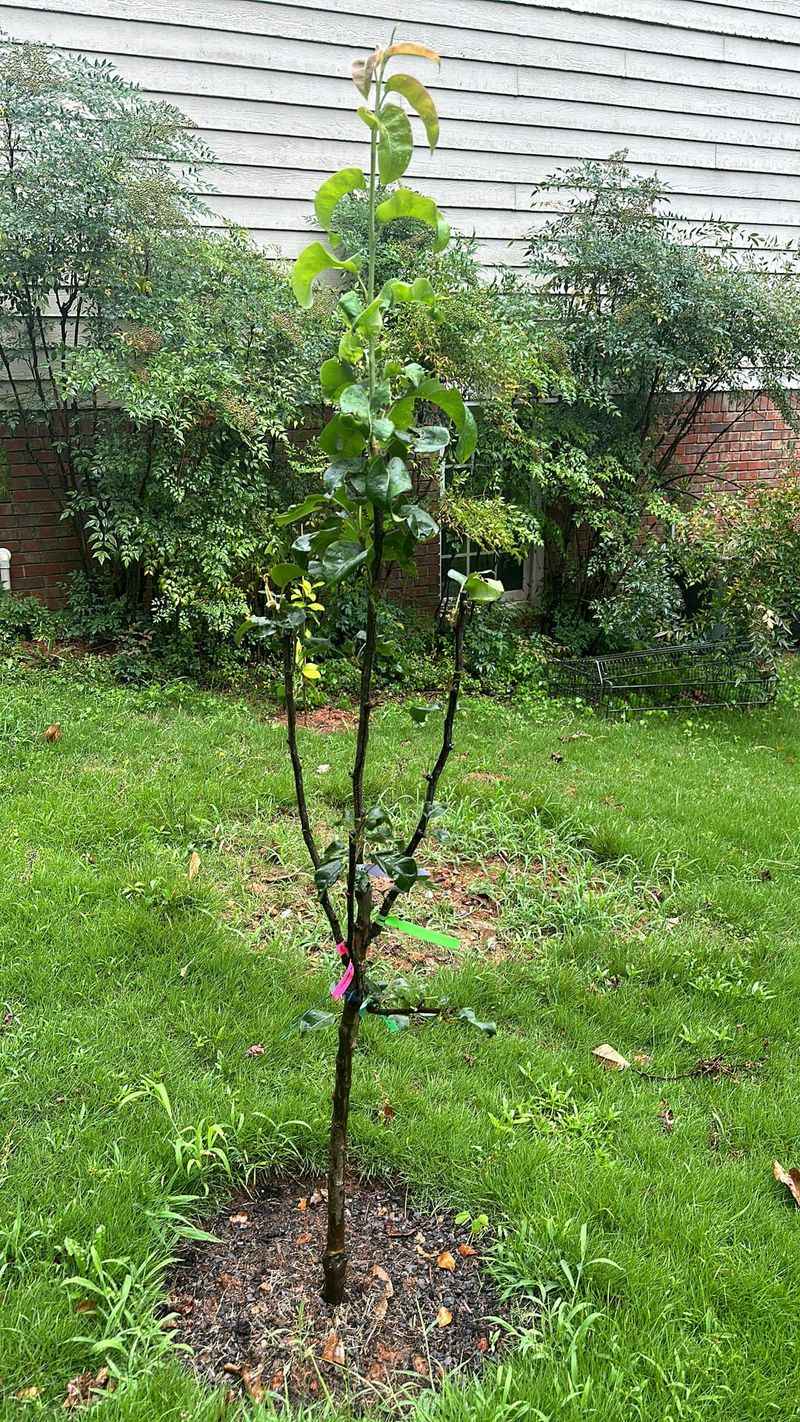
Grafted trees featuring multiple apple or pear varieties on a single trunk offer tremendous value. One tree can provide several different fruits while taking up minimal space in your Michigan yard.
These specialty trees cost slightly more initially but save hundreds compared to buying separate trees. Many Michigan orchards sell these space-saving options, perfectly adapted to handle the state’s cold winters and variable spring conditions.
6. Purchase Younger Specimens
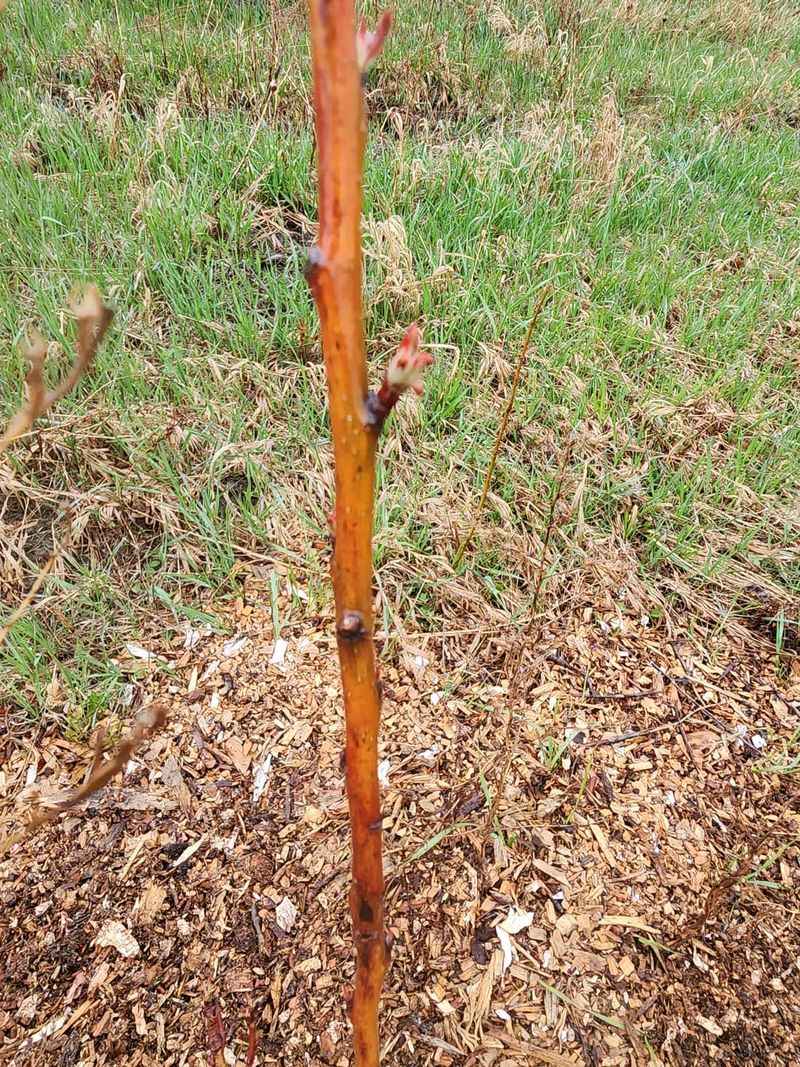
One-year whips cost significantly less than their older counterparts yet catch up surprisingly quickly. Michigan’s growing conditions actually favor these younger trees as they establish stronger root systems than pre-grown specimens.
Many Michigan orchardists prefer starting with these younger plants. The transplant shock is minimal, and within 2-3 years, they often outperform the more expensive older trees that took longer to adapt to their new environment.
7. Explore Conservation District Sales
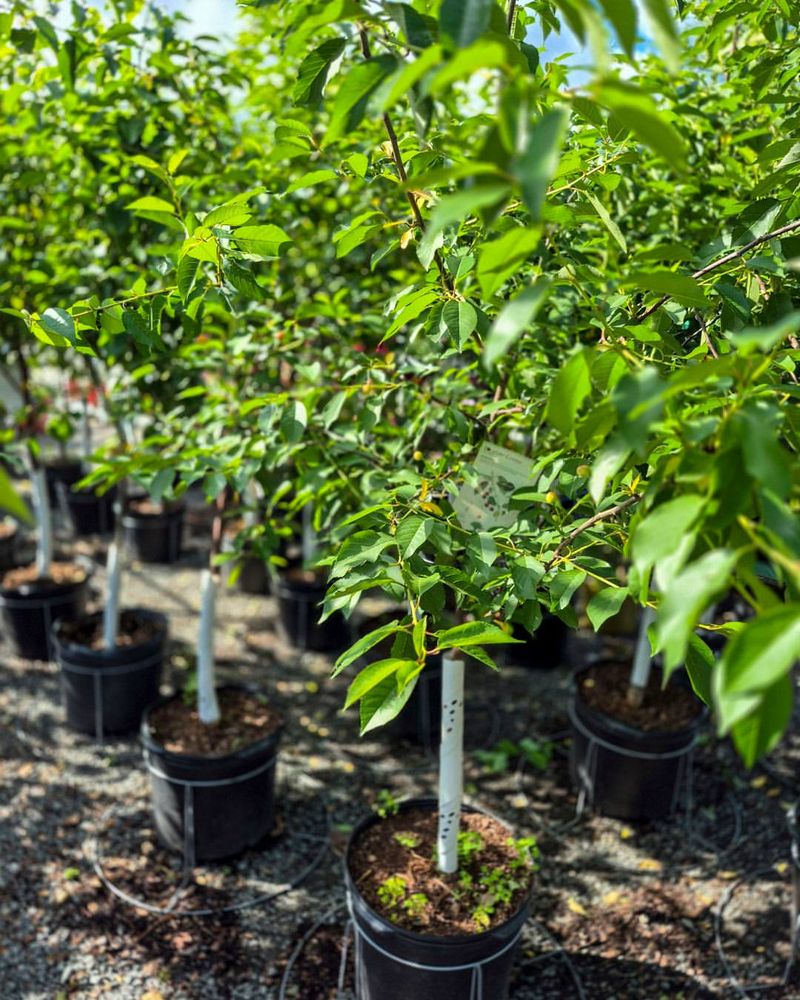
County conservation districts across Michigan hold annual fundraiser sales offering native fruit varieties at remarkable prices. These plants are specifically selected to thrive in Michigan’s climate and resist local pests.
Orders typically open in January for April pickup, with prices often 40% below retail. Michigan’s Leelanau, Grand Traverse, and Washtenaw districts are particularly known for their extensive fruit tree and berry bush selections at budget-friendly prices.
8. Propagate From Cuttings
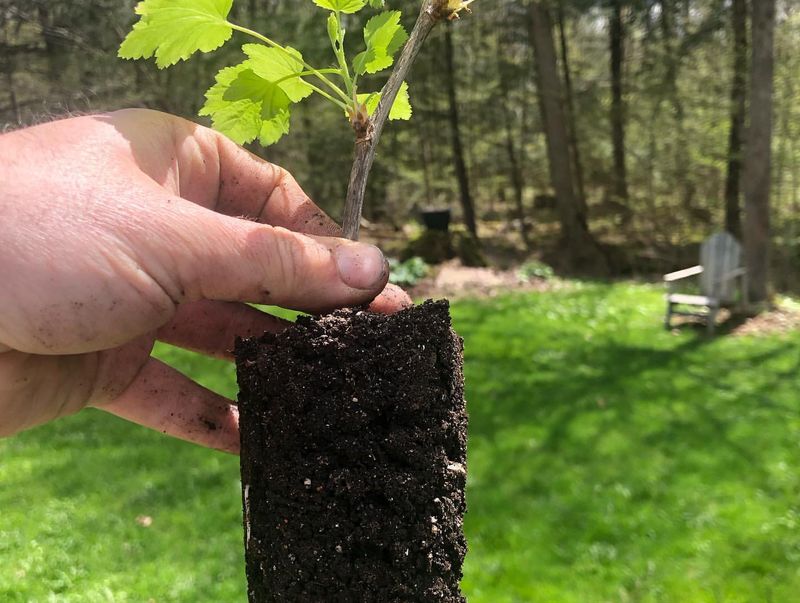
Many berry bushes root readily from simple stem cuttings taken from established plants. Michigan gardeners can legally propagate most non-patented varieties from friends’ or neighbors’ plants for free.
Blueberries, currants, and elderberries thrive in Michigan’s acidic soils and propagate easily. Local university extension offices offer free workshops teaching these money-saving techniques to Michigan residents throughout the growing season.




